
News & Analysis
Q & A with Liset Cruz, Reporting on US Medical Deportations
Type Investigations goes behind the scenes of a recent exposé on how hospitals are turning to medical deportations of undocumented patients in the United States.

Type Investigations goes behind the scenes of a recent exposé on how hospitals are turning to medical deportations of undocumented patients in the United States.
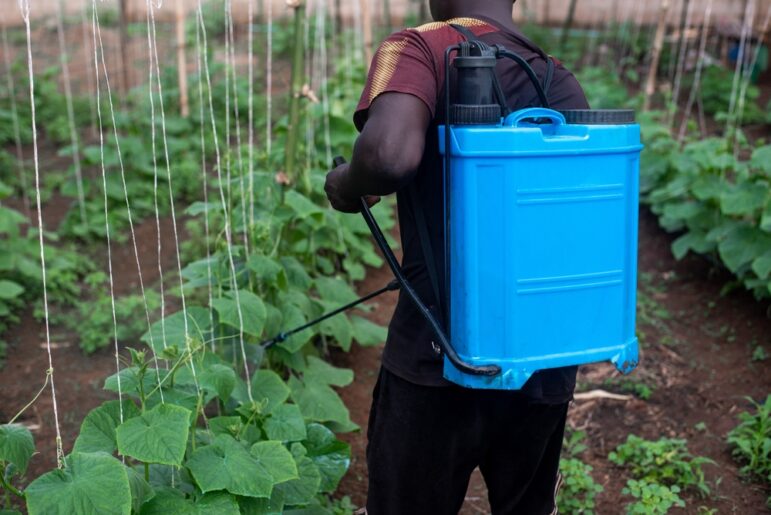
GIJN speaks to a Nigerian journalist about how she uncovered how banned pesticides are still exported and sold in Africa.

A team of investigative journalists from Germany and the US used undercover reporting, OSINT, and data analysis skills to connect online extremism with offline terror.
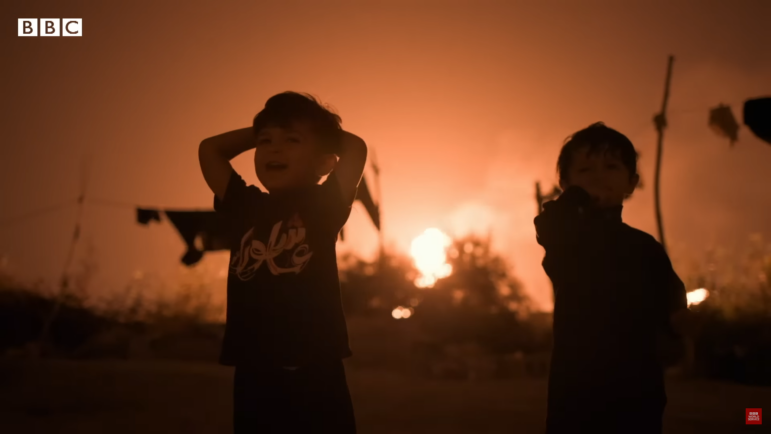
In “Under Poisoned Skies,” an award-winning investigation from BBC News Arabic, reporters headed to southern Iraq to explore the impact of gas flaring on the environment and public health.
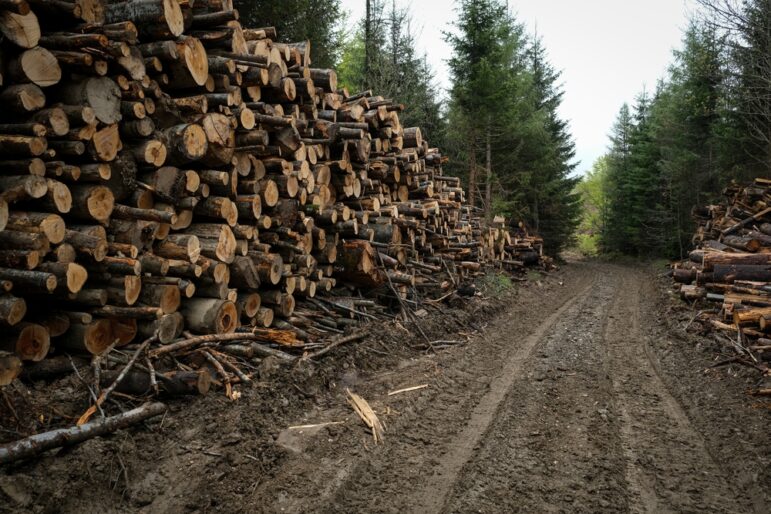
The latest cross-border investigation by the ICIJ — Deforestation Inc. — used thousands of pages of documents, court records, green certificates databases, trade data, and audit reports to expose how a lightly regulated sustainability industry overlooks forest destruction and human rights violations.
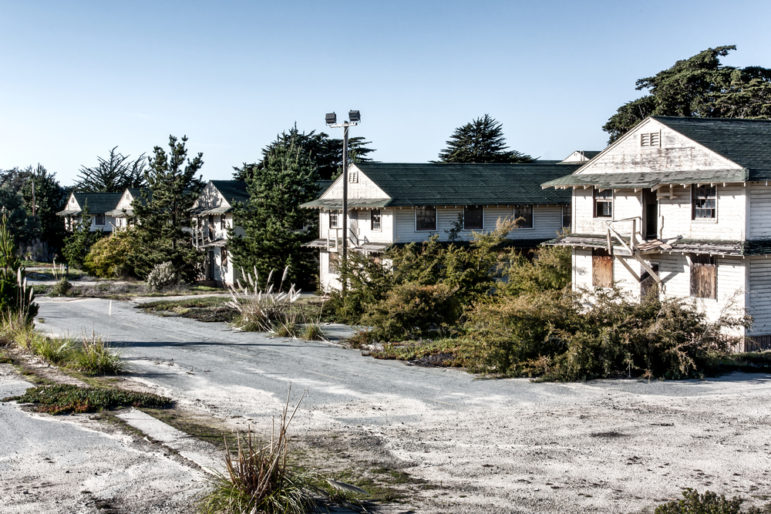
Rare cancers among military veterans are increasingly linked to earlier chemical dumping and burn pits at old bases. In this piece, three Associated Press reporters share tips on exposing these links, based on their year-long investigation into a former US military base.

Private air charter companies used to transport collegiate and professional sports teams are also part of a vast network of US deportation flights tied to possible human rights abuses.
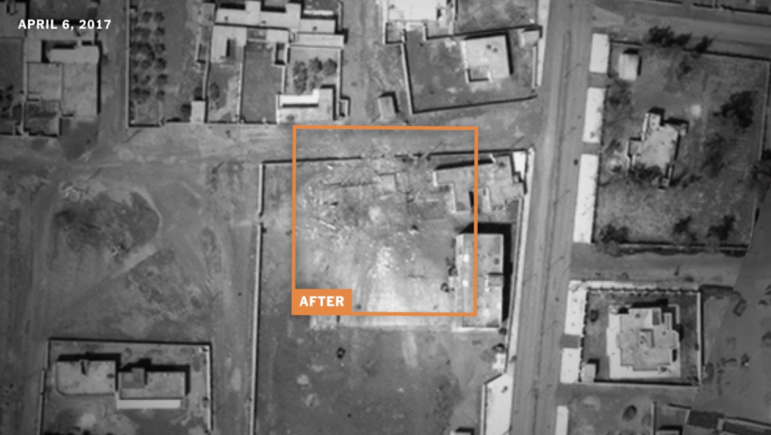
To get a behind-the-scenes look at The New York Times’ Pulitzer Prize-winning investigation into the civilian death toll of US airstrikes, GIJN interviewed two key members of the reporting team: Christoph Koettl, a member of the Times’ visual Investigations team, and the series’ lead reporter, Azmat Khan.
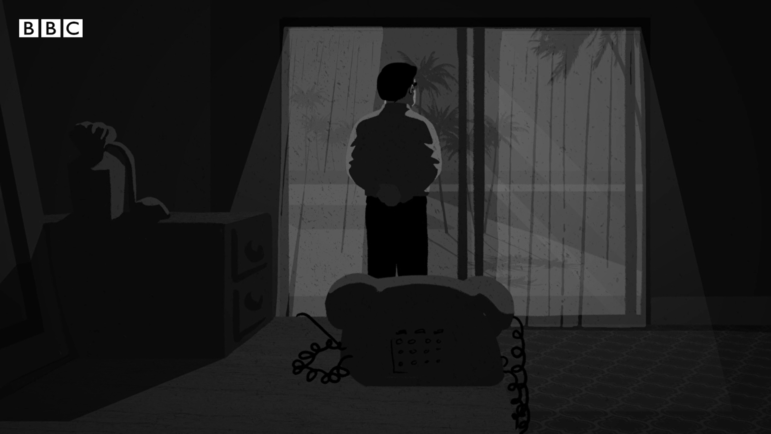
GIJN Arabic interviews BBC reporter Emir Nader about how his investigative team verified the leak of Tunisian President Zine El Abidine Ben Ali’s final, frantic phone calls before his 23-year-long dictatorship crumbled in 2011 at the start of the Arab Spring uprising.
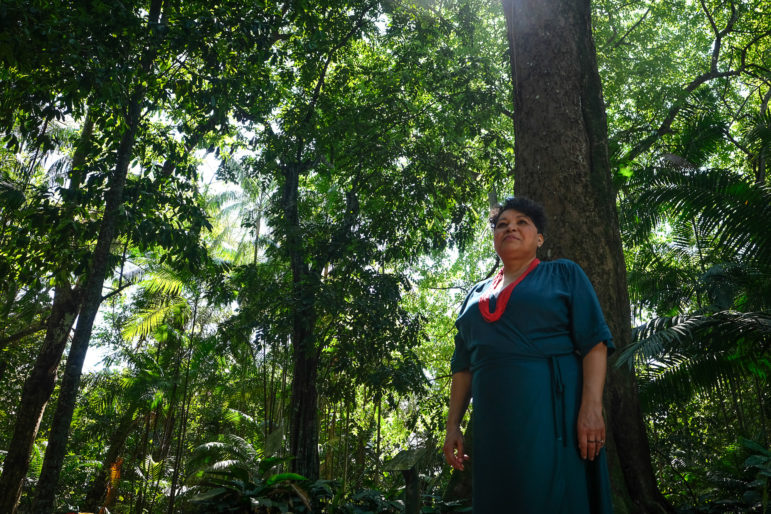
In the 1990’s when Brazilian investigative journalist Kátia Brasil visited an Indigenous territory in the Amazon biome, the forest was “lush” and intact. But illegal gold mining has led to a surge of outsiders entering the area, and the results have been devastating. Two investigative teams, at Amazônia Real and Repórter Brasil, decided it was time to dig into this secretive industry, to find out who is behind the gold mining that is leaving a toxic scar across the region.